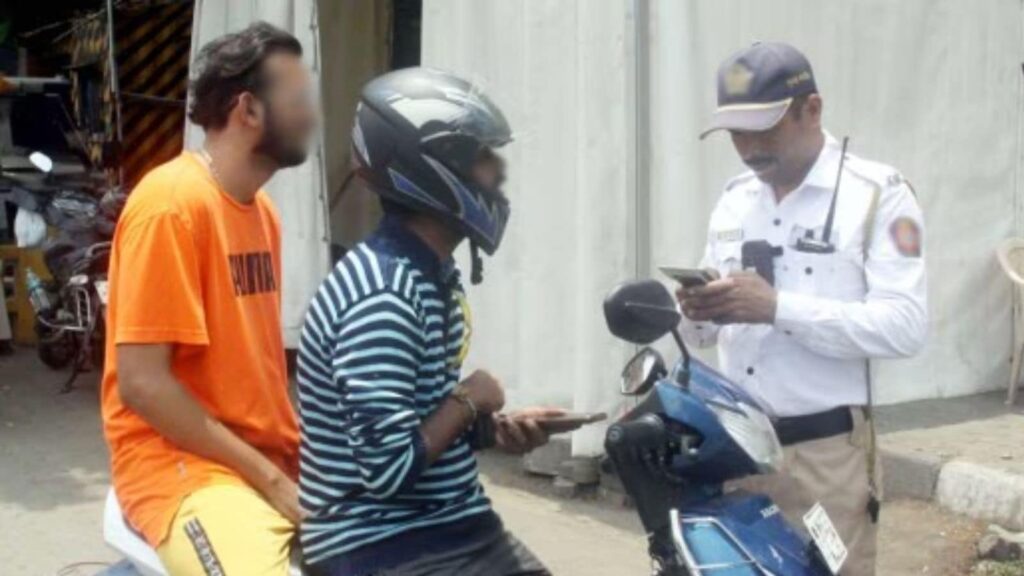The Karnataka High Court Thursday directed the state government to “secure instructions on the measures taken to ensure” that the breath analysers used by the traffic police, to check if a motorist is drunk and driving, are “tamper-proof.”
The case was heard by a bench comprising Justice B M Shyam Prasad.
A Bengaluru motorist approached the Karnataka High Court after an alcohol breathalyser showed a positive result against him during a traffic police stop. The man said he was not drunk at the time, supporting his claim with a blood test.
After hearing the arguments in the case, the bench stated that the claims might be justified. “This Court is of the opinion that the petitioner perhaps could be justified in asserting that the breath analysers are prone to tampering, exposing the commuters to an unjustified allegation of being drunk while driving, leading to proceedings and consequences.”
As the petitioner’s counsel said he was repeatedly being called to the station for an enquiry despite the blood test showing no trace of alcohol, the court directed that the matter should not be precipitated against him.
In this case, the motorist, represented by his counsel, Medha Hegde, and Vikram Sinha, had sought the quashing of the traffic police notice against him, as well as the Rs 10,000 fine imposed.
According to his petition, he was stopped by two traffic policemen in Bengaluru at 12.45 am on May 9, and subjected to a breathalyser test. He said that while he was not drunk, he was asked to blow in the breathalyser three times, with the first two blows giving a negative result, and the third giving a positive result for alcohol.
Story continues below this ad
The man also said in his petition that all three readings were different, and that the policemen had not calibrated the instrument before making him blow into it — a blank test was not performed beforehand on the instrument, which would have yielded a result of “0000”.
He further stated that despite neither being under the influence of alcohol nor drunk, the police refused to accompany him for a blood test, but instead issued a notice and seized his vehicle. By 2 am, the petitioner was able to obtain a blood test from a private laboratory, which showed no signs of alcohol.

